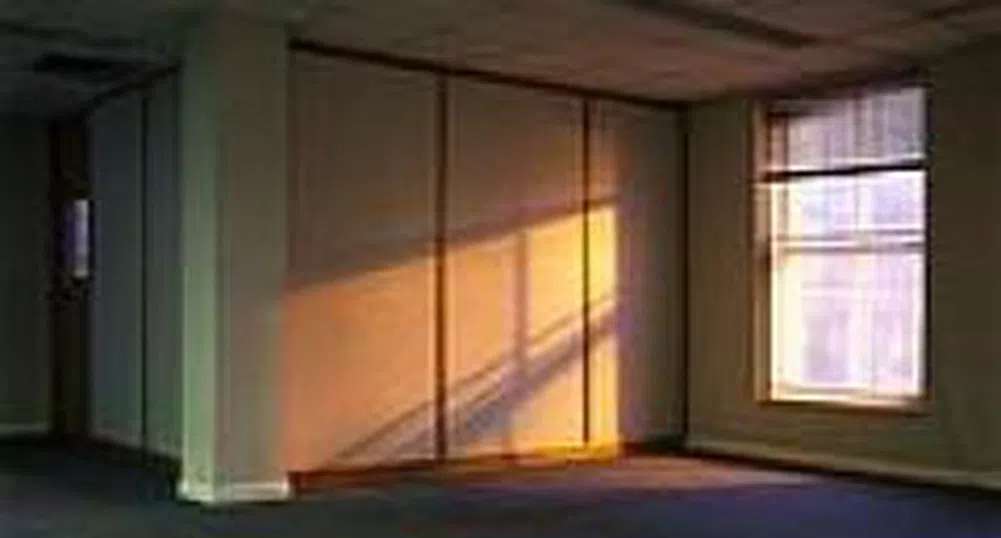Strong Demand for Office Space Ensures CEE Occupier Markets Remain Healthy

Continued strong demand for office space ensures CEE occupier markets remain healthy
Resilient demand for office space and solid economic growth ensured that occupier markets in Central and Eastern Europe (CEE) remained healthy in the first half of 2008, property-magazine.eu reported.
Take-up in H1 2008 remained strong, but could not keep up with an increasing level of completions, resulting in negative net absorption. This caused the region-wide vacancy rate to edge upward slightly. Nonetheless, declining vacancy rates and continued tight supply in certain CEE markets mean that upward pressure on rents is expected to continue to exist in some markets.
This is one of the conclusions reached in the CEE Office Market View H1 2008 issued today by CB Richard Ellis.
The direction of specific office markets in the CEE region will be strongly affected by the extent to which an expected new wave of office space is completed in individual markets. At least in the short-term, continued economic growth and the delivery of more new supply should continue to drive CEE office markets and keep occupier markets robust despite the global economic slowdown.
Solid economic growth is forecast for most CEE countries in 2008, despite the broader economic conditions and lower economic growth in the Eurozone and the US. Yet most countries in CEE are forecast to have slightly lower growth rates in 2008 than 2007, suggesting that economic growth in CEE is being slightly affected by the global financial climate.
A primary effect of the global credit crunch on CEE property markets is that they will probably be driven more by market fundamentals than by yield compression, which has driven these markets in last several years.
CEE office markets have historically been supply-driven. A new wave of office space is expected to be delivered to CEE office markets in the next 1-2 years. The substantial size of this pipeline in some smaller office markets might cause an imbalance resulting in a change from supply- to demand-driven market conditions.
Jos Tromp, Regional Manager of CEE Research at CB Richard Ellis, commented: “Generally speaking, office markets across the CEE region are expected to remain strong in 2008. Yet variations in expected office completions might mean that sector performance may fluctuate across different CEE markets.
”Office pipelines in some markets have fallen as investors and developers become more cautious in the current economic climate. While this might limit take-up in some markets, it could also help to prevent some smaller markets from becoming flooded with office space. How much of the office pipeline is completed in the next few years will have a strong effect on the direction of many office markets in the CEE region.
“Markets with limited available supply, strong take-up and limited pipelines have good prospects for increased rents. For example, rents in Moscow (+13%), Kyiv (+27%), Warsaw (+6%), and Prague (+5%) have shown further increases in rents compared to the end of 2007. On the other hand, smaller markets with significant pipelines under construction are less resilient.”
)
&format=webp)

&format=webp)
&format=webp)
&format=webp)
&format=webp)